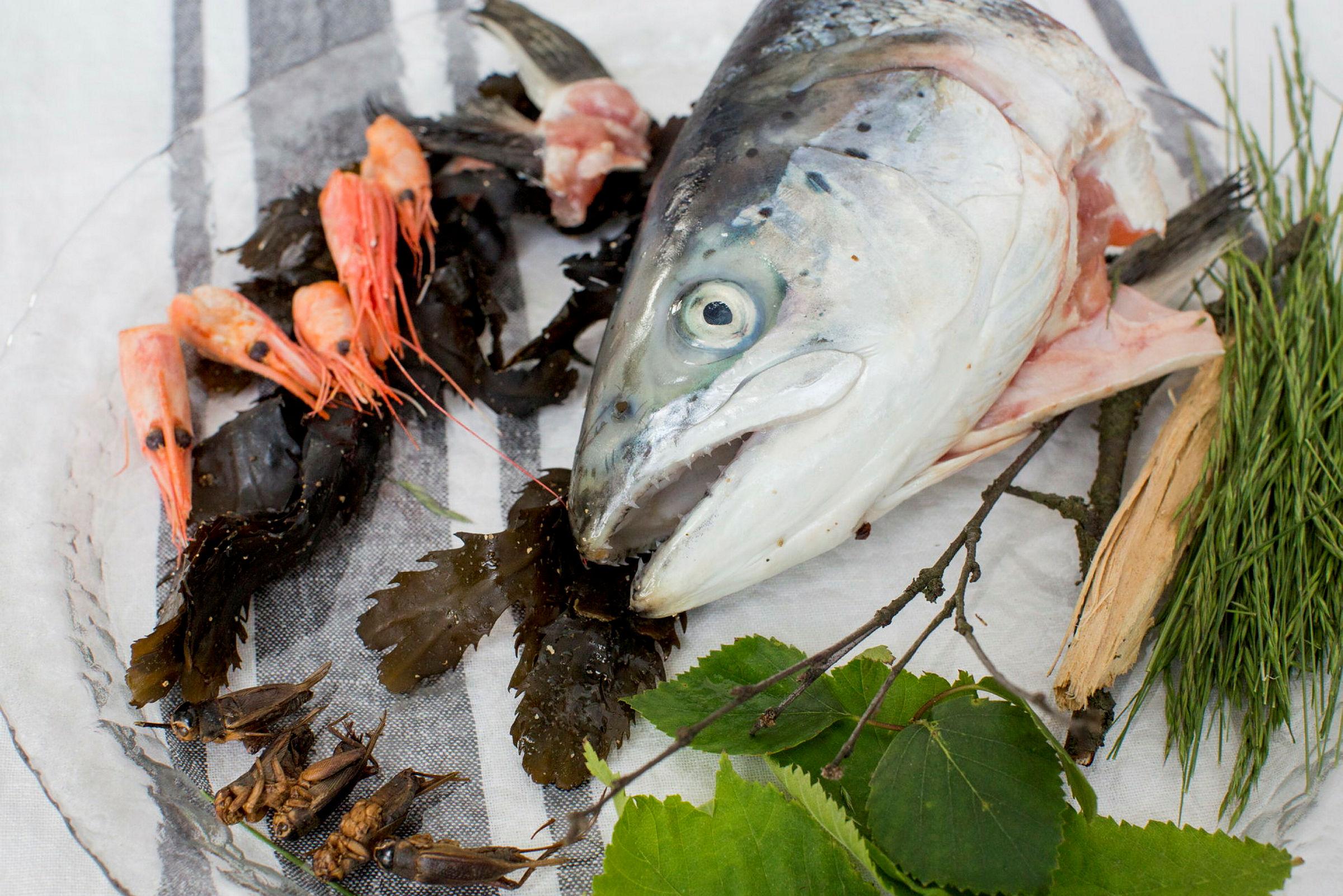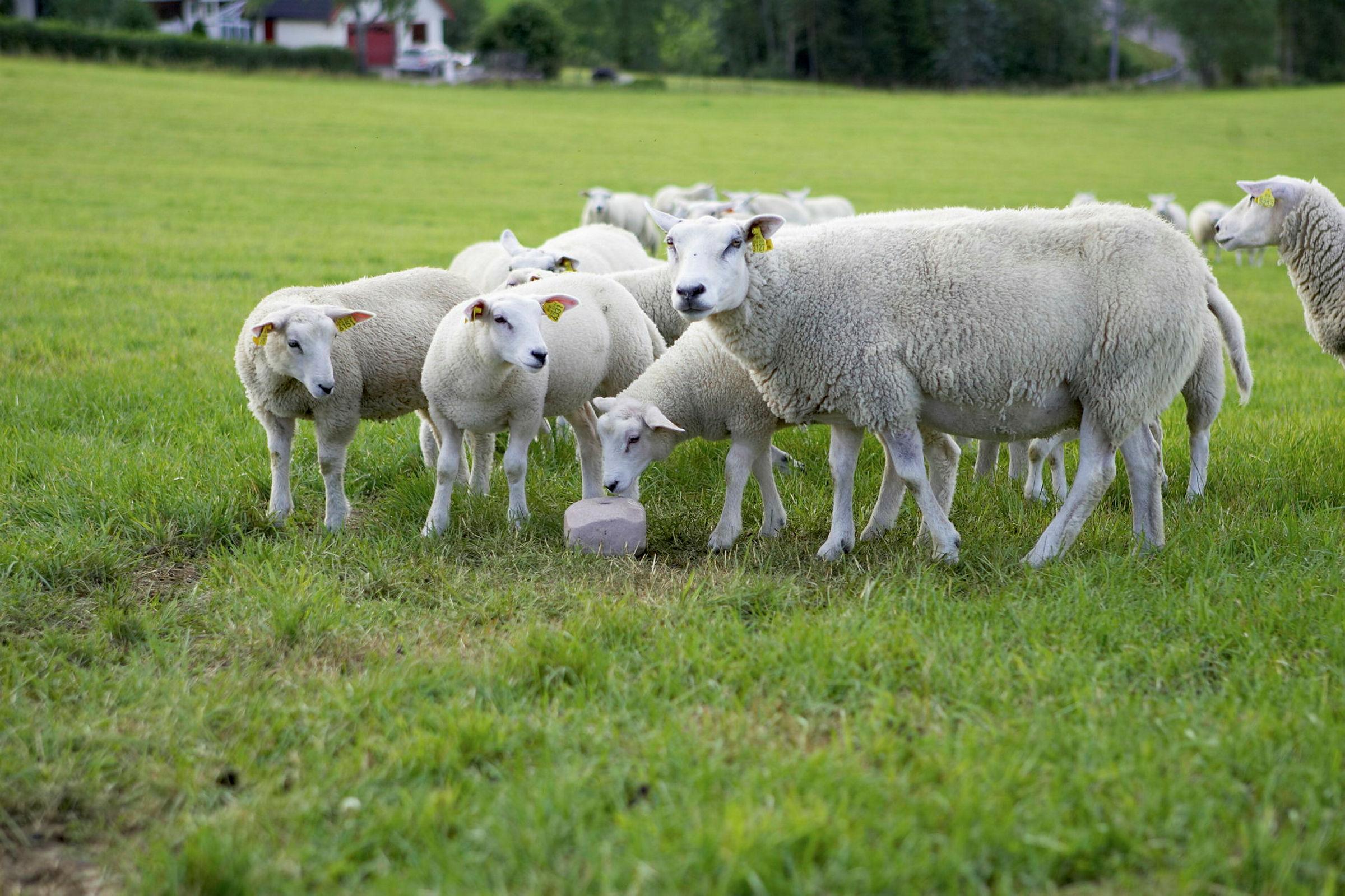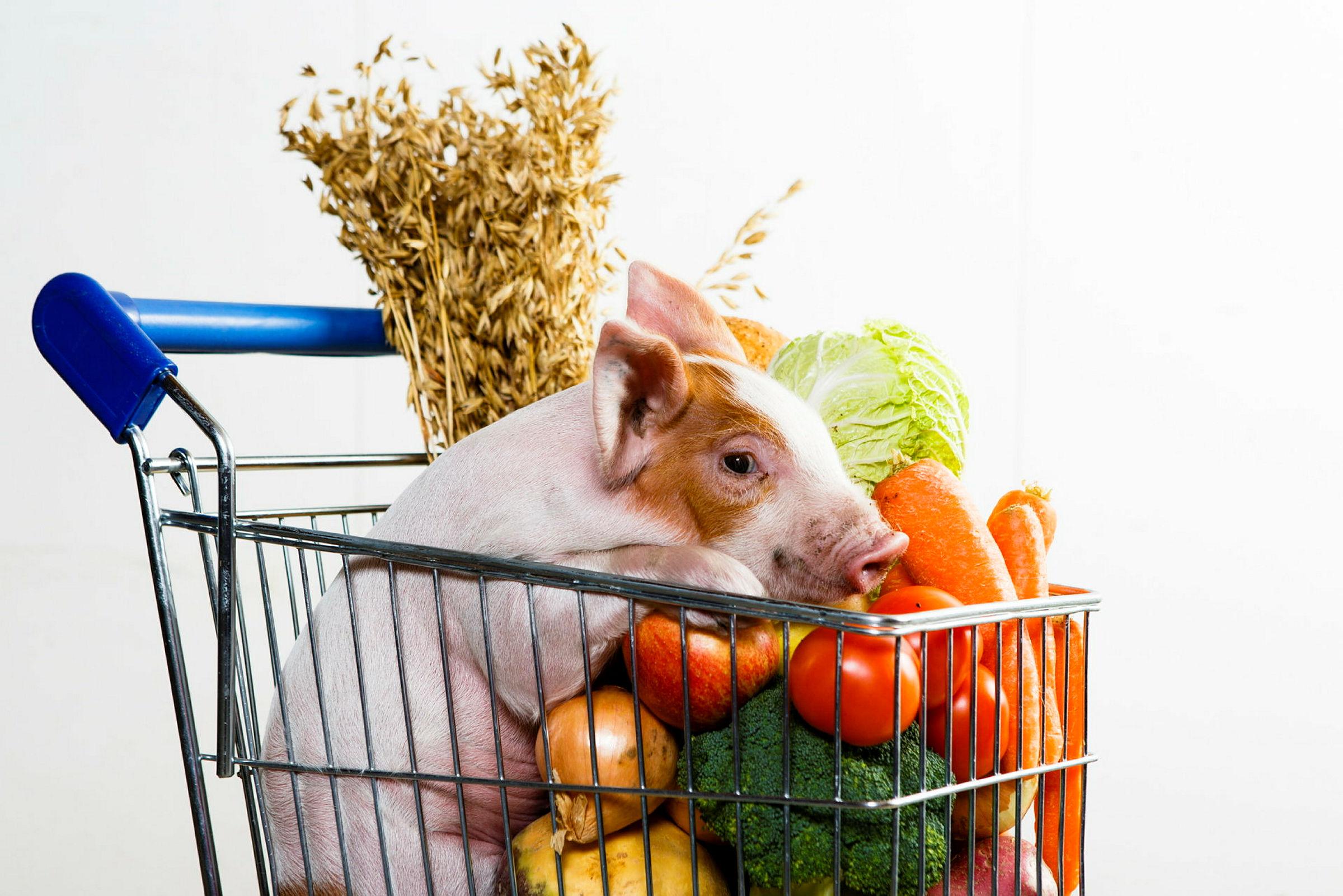Master's degree (2 years). Not accepting new studentsFull timeSustainable Food Systems
Do you want to solve the future challenges of providing enough food for the world's growing population? Do you want to understand how food is produced? A Master's degree in Sustainable Food Systems will give you the knowledge and experience you need.
This master will from autumn 2026 be one of three specializations in a new Master in Sustainable Food Future. The admission requirements will still be similiar as today.
Number of students:
30
Requirements:
180 credits, equivalent to a bachelor's degree, are required in subject areas that are relevant within the framework of a food system.
Requirements in detail
One of the greatest challenges we face in the future is ensuring access to nutritious and safe food for the global population while reducing environmental impacts. Additionally, we must achieve balance within food systems to ensure social and economic sustainability. Effective resource management requires knowledge of food systems and the complex interactions within and between chains, levels, and dimensions.
Through this program, students will develop interdisciplinary competence and the ability to take action at a high academic level. They will gain insight into complex systems, from micro to macro levels, and across disciplines and timeframes (both short-term and long-term). System understanding is enhanced through hands-on reflection and teamwork. By recruiting students from various academic backgrounds, the program benefits from a wide range of perspectives from different parts of the food system. A digital learning tool is under development to explore food systems and analyze the consequences of changes.
The program consists of 120 ECTS credits, of which 25-30 are mandatory courses. In addition, students can choose electives within their areas of interest in food systems, participate in exchanges, or undertake internships. During the spring semester of the second year, students will write a 30-ECTS master's thesis, which is encouraged to be completed in collaboration with a fellow program student. Read the education plan here.
Career opportunities
The business sector and other key societal actors are increasingly seeking expertise in sustainable food systems. The job market for candidates with a master’s degree in sustainable food systems is highly diverse, offering opportunities in both the private and public sectors, industry, and academia—both nationally and internationally.
Graduates of the master’s program will also be well-qualified to pursue PhD studies at universities in Norway and abroad.
Learning outcomes
Exchange possibilities
Program structure
More about the program
Study advisor(s):




